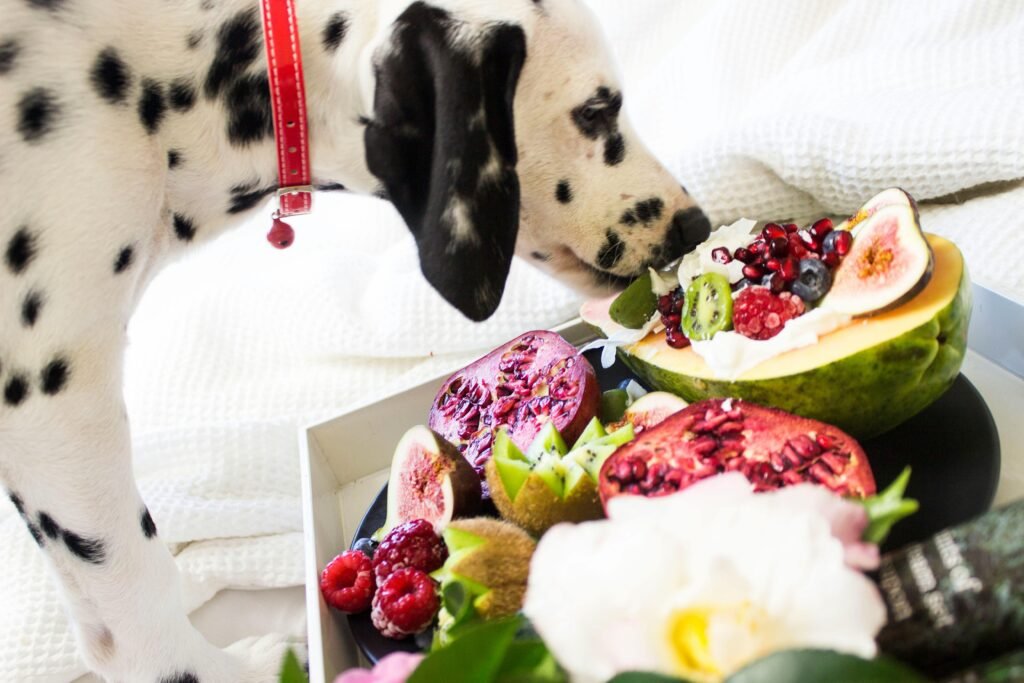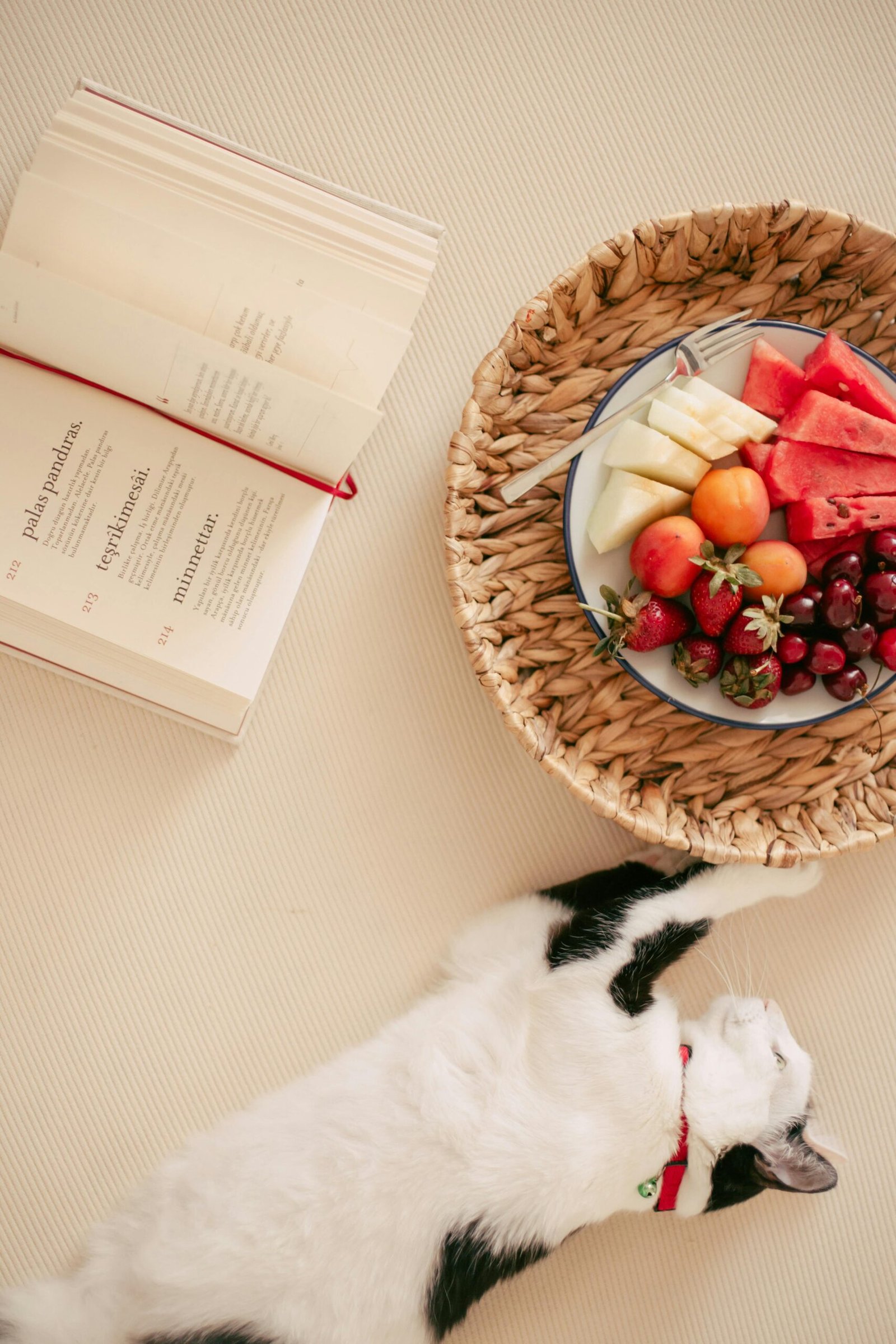Discover how adding antioxidants to your dog or cat’s diet can improve their health, boost immunity, and slow aging for a longer, happier life.
Introduction: The Importance of Antioxidants for Pets
Antioxidants are powerful nutrients that protect the body from oxidative stress and damage caused by free radicals. Just like humans, dogs and cats are also vulnerable to the negative effects of oxidative stress. This can lead to chronic diseases, aging, and a weakened immune system. Adding antioxidants to your pet’s diet can help combat these issues, promoting overall health and longevity. But why exactly are antioxidants so important, and how can they benefit your furry friend?
What Are Antioxidants and How Do They Work?
Antioxidants are molecules that neutralize free radicals—unstable molecules that can damage cells. Metabolism naturally produces free radicals, which environmental factors like pollution, stress, and poor diet also influence. In pets, just as in humans, free radicals can accelerate aging, contribute to inflammation, and increase the risk of diseases like cancer. By including antioxidants in your pet’s diet, you provide a defense mechanism that keeps these harmful molecules in check.
Common antioxidants found in pet foods include vitamins C and E, beta-carotene, and selenium. These nutrients can be sourced from various fruits, vegetables, and even certain meats.

Health Benefits of Antioxidants for Dogs and Cats
Adding antioxidants to your pet’s diet offers a wide range of health benefits. First and foremost, antioxidants strengthen the immune system. A robust immune system is crucial for fighting off infections and illnesses. This is particularly important for older pets whose immune systems may weaken over time. Antioxidants like vitamin E and selenium play a key role in immune health by boosting the activity of immune cells.
Furthermore, antioxidants contribute to healthy skin and coat. A shiny coat and healthy skin are often indicators of a pet’s overall well-being. Vitamin E, in particular, is known for its ability to promote skin health, reduce inflammation, and keep the coat soft and glossy.
Slowing the Aging Process in Pets
Aging is inevitable, but antioxidants can help slow down the process. As pets grow older, their bodies become less efficient at managing oxidative stress. This leads to tissue damage, decreased mobility, and cognitive decline. Fortunately, antioxidants can delay these aging signs. By reducing oxidative damage to cells, antioxidants help maintain your pet’s energy, mental clarity, and mobility for a longer period.
For senior pets, adding antioxidants to their diet can also improve brain health. Research shows that certain antioxidants, like vitamin C, may help prevent cognitive dysfunction syndrome (CDS), which is similar to dementia in humans. Antioxidants can support memory, learning, and overall brain function, making older pets feel more alert and engaged.
Antioxidants and Disease Prevention
One of the most significant advantages of antioxidants is their role in disease prevention. Oxidative stress is linked to a variety of chronic conditions, including heart disease, kidney disease, and even cancer. By reducing oxidative damage, antioxidants can help lower the risk of these diseases.
For example, studies have shown that antioxidants like Coenzyme Q10 (CoQ10) may improve heart health in pets by supporting heart function and reducing inflammation. Likewise, antioxidants like vitamin E can help protect against kidney damage, which is common in aging cats and dogs.
Moreover, antioxidants such as anthocyanins (found in blueberries and other dark fruits) have been linked to anti-cancer properties. These antioxidants may help neutralize free radicals that contribute to the development of tumors, providing an added layer of defense against cancer.
How to Add Antioxidants to Your Pet’s Diet
Incorporating antioxidants into your pet’s diet is easier than you might think. Many high-quality commercial pet foods are formulated with added antioxidants. Look for foods that list antioxidant-rich ingredients like sweet potatoes, carrots, spinach, and blueberries. These ingredients are naturally high in vitamins A, C, and E, all of which have potent antioxidant properties.
If you prefer to prepare homemade meals for your pet, there are several antioxidant-rich foods you can add. For dogs, try adding cooked carrots, pumpkin, or spinach. For cats, small amounts of cooked carrots or peas can be mixed into their food. Additionally, fruits like blueberries and strawberries can be given as treats. Just be sure to consult with your vet before introducing any new foods to ensure they are safe for your pet.
For pets with specific health concerns, you can also consider antioxidant supplements. These supplements are available in various forms, including powders, chews, and capsules. However, it is crucial to get professional advice from your veterinarian before adding any supplements to your pet’s diet.
Balancing Antioxidants with Other Nutrients
While antioxidants are beneficial, they should not be the only focus of your pet’s diet. A balanced diet that includes protein, healthy fats, fiber, and essential vitamins and minerals is vital for your pet’s overall health. Antioxidants work best when they are part of a well-rounded nutritional plan.
Additionally, too much of certain antioxidants, like vitamin A, can be harmful. Therefore, it’s essential to follow the recommendations of your veterinarian to ensure that your pet’s antioxidant intake is appropriate for their age, size, and health condition.
Conclusion: A Long and Healthy Life for Your Pet
Incorporating antioxidants into your dog or cat’s diet can significantly enhance their health and well-being. By boosting their immune system, improving skin and coat health, and helping to slow the aging process, antioxidants play a key role in keeping your pet happy and healthy. Whether through commercial pet food or home-prepared meals, adding these powerful nutrients to your pet’s diet is an easy step toward ensuring a long, vibrant life. Always remember to consult with your veterinarian to determine the best plan for your pet’s individual needs.
With proper care and a diet rich in antioxidants, you can help your pet enjoy a lifetime of health and happiness.
By following these guidelines, your pet’s diet can become a cornerstone of their longevity and vitality. So, why not start today and give your pet the antioxidants they need to live their best life?
